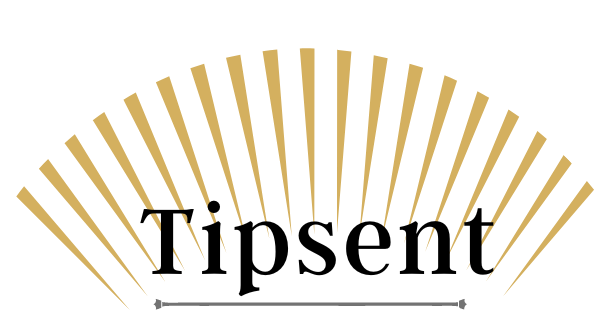As a buyer, you need to communicate with your conveyancer regularly. A conveyancer will not want to spend time updating you every time nothing happens. Also, waiting for updates is frustrating for both buyers and sellers. During the entire process, staying informed and in the loop is essential.
Common questions to ask a conveyancer
When you hire a conveyancer, you want to ensure that the person you choose is trustworthy. In addition to having the proper experience and qualifications, they should be able to communicate effectively. You want to avoid surprises, which can be frustrating and time-consuming. The following questions can help you find a conveyancer who will meet your needs.
First, you need to know how many years they have been in the business. It may be challenging to get an exact number, but it is a good idea to ask how long they’ve been in the industry and how many cases they’ve handled. You can also ask them about their experience handling property types, such as leaseholds, listed buildings, etc. The more specific you can be, the better.
Another thing to look for is their experience with the software used by conveyancers like in jamesonlaw.com.au/conveyancing/. Some interviewers will ask whether the conveyancer has any experience with a particular software before hiring them. To prepare for this question, you should do some research on the software and the company that makes use of it.
Another question to ask a conveyancer is how quickly they can complete your paperwork. If you are moving in a hurry, this is vital. If the conveyancer can provide the paperwork you need to close the deal on time, there will be fewer delays. The conveyancing process should be as easy as possible.
Remember, conveyancing is a legal necessity for all residential property transactions. A good conveyancer can help the process smoothly and ensure you get the best possible price. Just make sure that you choose a firm that you are comfortable with.
Professional bodies that conveyancers belong to
There are several professional bodies that conveyancers belong to. The SLC is one of them. This organisation has a board of directors made up of representatives from many firms, including sole practitioners on the High Street. This inclusiveness is essential to ensuring that the voice of every aspect of the profession is represented. It also ensures that Society remains focused on conveyancing and is not distracted by other legal activities.
Since 2013, non-licensed conveyancers have also been allowed to join. The Conveyancing Association is another professional body for conveyancers. It represents the interests of serious conveyancing firms and has a significant presence in the sector.
Cost of conveyancing
The cost of conveyancing varies depending on the property you are selling and the property’s location. Some firms charge a fixed fee, while others may charge a sliding fee based on the sale price.
The cost of conveyancing differs from property to property, so it is essential to discuss all costs upfront. The best way to ensure that the professionals do an excellent job for the lowest price is to know your budget in advance. It will help them provide you with accurate quotes. Providing adequate information to the conveyancer will also save them time.
Disbursements are the fees paid to third parties when a conveyancer performs the legal process of buying or selling a property. Even if the conveyancer offers a ‘no-move, no fee’ service, you will still have to pay disbursements. Ideally, these fees are the same from one quote to the next. If they differ, then you may need to negotiate a separate fee.
In general, conveyancing solicitor fees will increase as the value of the property increases. These fees may include searching the property, drafting the contract, and dealing with stamp duty.
Communication with your conveyancer
Communication with your conveyancer is one of the essential parts of the conveyancing process. Choosing the right conveyancer can help ensure a smooth and successful house move. It would help if you took the time to find the right one before you make a move. Online conveyancing networks are increasingly popular and can help you find the right firm. These networks provide direct links to conveyancers and maintain regular contact with their management.
A good conveyancer will also be able to accommodate your timescales and deadlines. While buying or selling a house is a stressful and time-consuming process, working with a conveyancer who can work within your schedule is vital. After all, life happens, and deadlines need to be met.
Generally, the conveyancing process takes around 12 to 16 weeks, but issues can delay this process. Having regular contact with your conveyancer will help speed things up. There’s a housing chain between the buyer and seller, so if problems arise with one link it will affect the rest of the chain.

